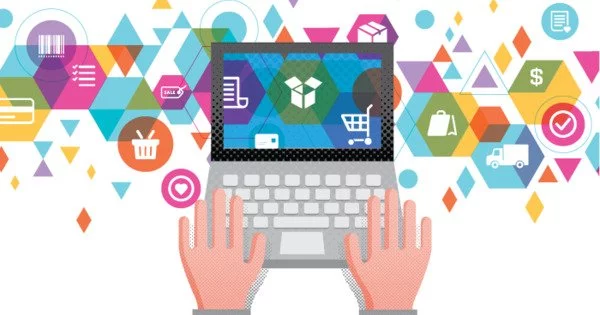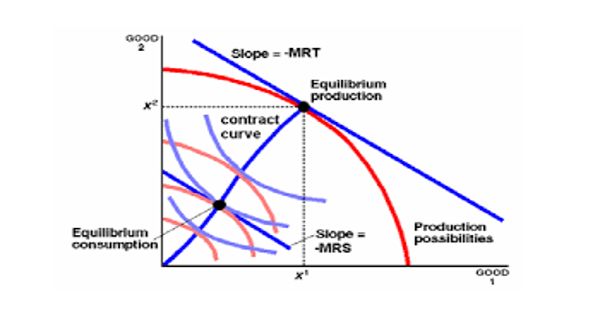The platform economy refers to the ecosystem of businesses and organizations that operate through digital platforms, connecting buyers and sellers, service providers and consumers, and other participants in various industries. Some of the most popular applications of the platform economy include:
- E-commerce platforms: Online marketplaces like Amazon, eBay, and Alibaba allow businesses and individuals to buy and sell goods and services online.
- Sharing economy platforms: Companies like Airbnb, Uber, and Lyft provide platforms for people to share their homes or cars with others for short-term use.
- Gig economy platforms: Platforms like Upwork and Fiverr connect freelancers and businesses in need of temporary or project-based work.
- Crowdfunding platforms: Platforms like Kickstarter and Indiegogo allow entrepreneurs to raise funds for their projects and products from a large number of people.
- Social media platforms: Platforms like Facebook, Twitter, and Instagram offer ways for individuals and businesses to connect and engage with each other, and for advertisers to reach target audiences.
- Online education platforms: Platforms like Coursera, Udemy, and edX provide online courses and training programs to learners around the world.
- Cloud computing platforms: Platforms like Amazon Web Services, Microsoft Azure, and Google Cloud provide infrastructure and services for businesses to host and manage their applications and data in the cloud.
- Online banking platforms: Platforms like PayPal, Square, and Stripe offer online payment processing and financial services to businesses and consumers.
- Healthcare platforms: Platforms like Zocdoc and Teladoc provide online access to healthcare providers and medical services.
These are just a few examples of the many applications of the platform economy, which is rapidly growing and evolving as technology advances and new platforms emerge.
















